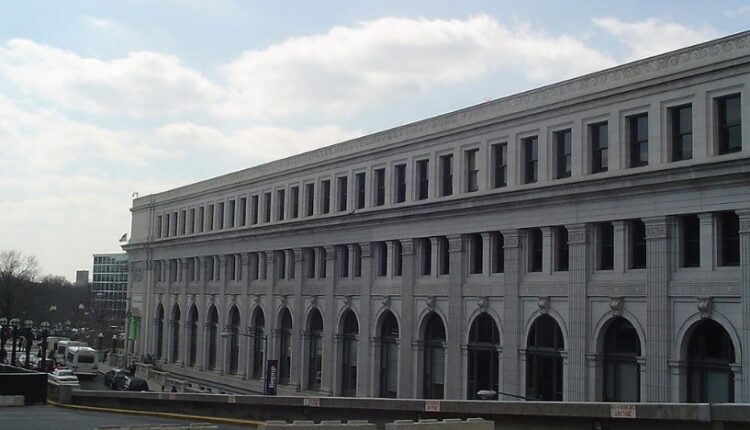
Whitehouse Press Sec. Jean-Pierre Expects US CPI Data To Be “Highly Elevated”
The public should brace for a substantial Consumer Price Index (CPI) print on Wednesday, July 13, according to Press Secretary Karine Jean-Pierre. The Whitehouse chief spokesperson has today expressed expectations that CPI data will be “highly elevated”, suggesting that peak inflation has not yet arrived—at least on a trailing sequential basis.
The Press Secretary made this prediction at a White House press briefing today. Whether “highly elevated” in the context provided by Mrs. Jean-Pierre means ‘above consensus’ is unclear, but a consensus match would mean that CPI will reach its highest print of the current cycle, beating the 8.6% over year print tallied in May.
The Consumer Price Index is a measure of the average change overtime in the prices paid by urban consumers for a market basket of consumer goods and services. It is developed from detailed expenditure information provided by families and individuals on what they actually bought. This would include many staple items such as food, gas and personal care products.
The CPI is calculated using data from the U.S. Census from urban areas from which price data is collected. A sample of data from the Consumer Expenditure Survey identifies the places where households purchase various types of goods and services, forming the basis for the CPI outlet sample. Using data from the survey, BLS statisticians assign quotes in the CPI item categories to specific outlets. A specific item is then chosen for selection using a process which bases the probability of selection for an item on the share it composes within the outlet’s revenue in that item category.
Results of Wednesday’s CP number—median estimate, 8.8% YoY—could go a long way towards cementing a 75-basis point rate hike at the Fed July 27 meeting. Currently, traders see an 88% chance of a 75-bps rate hike in July, and it is likely the Federal Reserve Board will view still-cresting CPI data as a reason to follow through on tough interest rate policy to quell inflation.
Of course, a higher Fed Fund Rate will be a net negative for mortgage interest rates—although market rate capture happens well before the Fed acts. In periods of higher inflation, mortgage interest rates tend to rise as the cost of capital rises to compensate for a de-valuing dollar and/or strong borrowing demand. This puts additional pressure on mortgage holders as loans become more expensive and lead to higher monthly payments.



